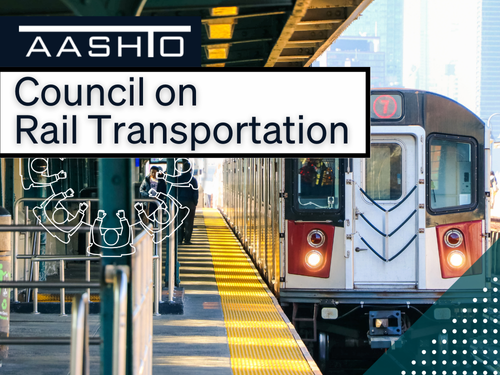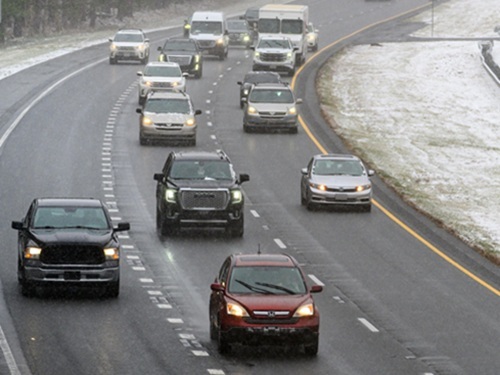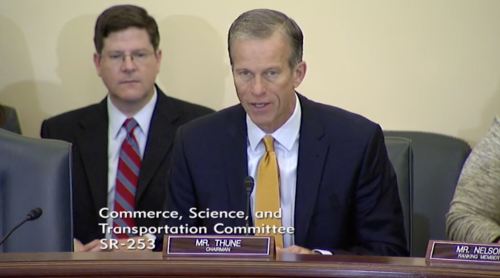During an Oct. 3 hearing before the U.S. Senate Committee on Commerce, Science, and Transportation, Ronald Batory, administrator of the Federal Railroad Administration, said that while railroads are “making progress” implementing positive train control or PTC technology, the agency expects that most railroads will need to request an alternative schedule to complete testing, obtain PTC certification, meet the statutory interoperability requirements, and fully implement that technology systems on all main lines required to be governed by PTC.

“There is a competitive yet limited number of PTC system vendors and suppliers [and] unusually weighted demand and supply has constrained the timely serving of all 41 railroads and their tenant railroads,” he explained in his written testimony.
“As reliability and stability of PTC systems is still immature, railroads are experiencing significant technical issues with both PTC system hardware and software that often take considerable time to diagnose and resolve, impacting current operations,” Batory noted, adding that many railroads have only recently begun testing PTC systems for interoperability.
Sen. John Thune, R-South Dakota, chair of the committee noted that there “continue to be railroads at risk of not qualifying for an extension at the end of the year” and so “we must understand any effects this may have on the many riders who rely on rail service.”

Passenger and freight railroads must implement PTC by Dec. 31, he said, but they can apply for an extension of up to 24 months to “ensure PTC works as intended if, and only if, that railroad meets important milestones like full PTC hardware installation, spectrum acquisition, and employee training, and meets other milestones, such as implementing PTC on a specific territory or initiating revenue service demonstration.”
Yet Susan Fleming, director of physical infrastructure issues for the Government Accountability Office, noted in her testimony at the hearing that most passenger railroads anticipate needing an extension, leaving substantial work for both railroads and FRA to complete before the end of 2020.

“Almost three-quarters of passenger railroads – 21 of 29 – reported that they, or the railroad which owns the track on which they operate, will apply for an extension. More than half of these railroads reported planning to apply for an extension using substitute criteria, and of these, eight intend to apply for substitute criteria based on field testing,” she said.
“However, as of Sept. 21, only one passenger railroad had applied for an extension,” Fleming added. “It remains unclear how many extension requests FRA will receive or what FRA’s enforcement strategy will be for noncompliance with the statute, such as for railroads that fail to apply for an extension by the deadline.”
 Nation
Nation
Registration Open for AASHTO’s Winter Rail Meeting
December 19, 2025 Nation
Nation

